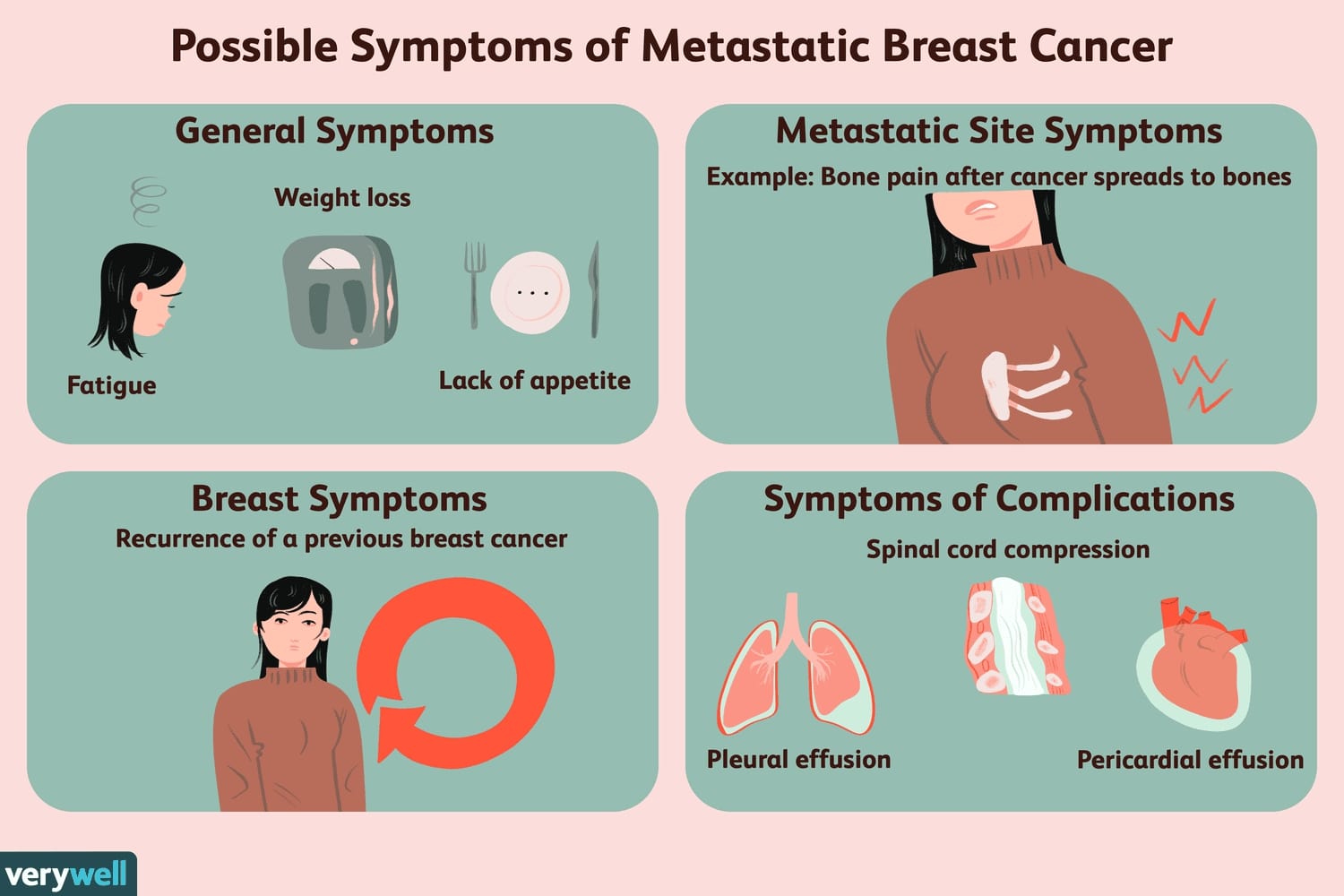Menopausal women with hormone receptor-positive breast cancer must take Arimidex, commonly known as anastrozole, as much as possible. Learning about the advantages and mechanism of action of Arimidex will help both patients and doctors make better decisions about cancer medication.
Information about Hormone Receptor-Induced Breast Cancer
Hormone receptor-positive breast cancer is accelerated by estrogen in particular. Cancer cells are characterized as such because they include hormone-binding receptors on their surfaces, which encourage the formation of tumors. Postmenopausal women still have the ability to convert androgens, which are male hormones, into estrogen in other tissues, even if the ovaries no longer generate as much estrogen. One enzyme that helps with this is aromatase.
Arimidex and the way it is made
An aromatase inhibitor is the best way to describe Arimidex. Aromatase is an enzyme that converts androgens to estrogen; this compound blocks its activity. By blocking an enzyme that the body uses to make estrogen, Arimidex significantly reduces estrogen production. When estrogen levels drop, the body doesn’t produce as much of the hormone that breast cancer cells that have hormone receptors need to grow.
The benefits of Arimidex
An Effective Method for Reducing Estrogen Levels:
Arimidex 1 mg prevents or significantly slows the growth of hormone receptor-expressing breast cancer cells by lowering estrogen levels in postmenopausal women. There is evidence that the estrogen suppression mechanism may shrink tumors and stop cancer from coming back.
Additional Therapy:
Arimidex is often used as an adjuvant medication after main therapies including radiation, chemotherapy, or surgery. As an adjuvant treatment, Arimidex helps eradicate any remaining cancer cells, lowering the chance of cancer recurrence.
Advancements in breast cancer treatment:
Arimidex is prescribed to patients with advanced breast cancer as a first line of therapy. It has the potential to improve prognoses, make the disease easier to treat and control, and ultimately lengthen people’s lives.
Context of Beneficial Adverse Effects:
When compared to more traditional hormone treatments, such as tamoxifen, Arimidex has a more noticeable profile of side effects. While tamoxifen raises the risk of endometrial cancer and blood clotting, this medicine has the opposite effect and may cause bone fragility or osteoporosis.
Gathering Information and Making Notes
How to Promote Bone Health:
A significant risk of serious side effects from long-term Arimidex treatment is a decrease in bone density. Arimidex may exacerbate osteoporosis in postmenopausal women, who are already at a higher risk of developing the condition. To reduce the likelihood of this, your doctor may recommend bone density testing on a regular basis and medicine to strengthen your bones.
Heart wellness:
Patients with pre-existing cardiac issues should be closely monitored while using Arimidex, even though it does not significantly raise the risk of cardiovascular events. Arimidex patients should make it a point to maintain a heart-healthy lifestyle and keep their scheduled checkups.
Responses that are unsavory:
Tiredness, aches in the joints, and hot flushes are some of the most common side effects of Arimidex pills. These side effects are usually under your control, therefore it’s best to talk to a doctor about them so you can find solutions and get help.
How Long Is Therapy?
The typical course of Arimidex therapy lasts five years; however, this might vary from patient to patient and from stage to stage of cancer. In order to assess the treatment’s efficacy and make any necessary modifications, it is crucial to arrange for follow-up appointments with an oncologist.
Finally: Improving Breast Cancer Care Administration
Postmenopausal women with hormone receptor-positive breast cancer must take Arimidex (anastrozole) as part of their treatment plan. Because it successfully lowers estrogen levels, it inhibits the growth and recurrence of breast cancer, making it a powerful weapon in the fight against the disease. In order to get the most out of Arimidex, patients should work closely with their doctors to monitor for side effects and address them.

